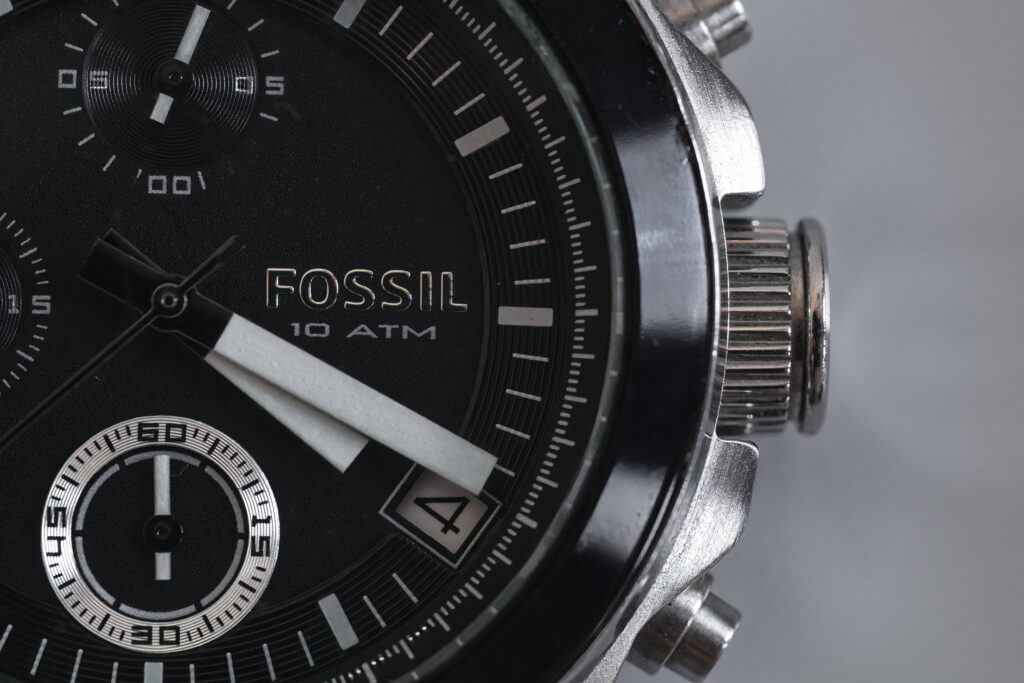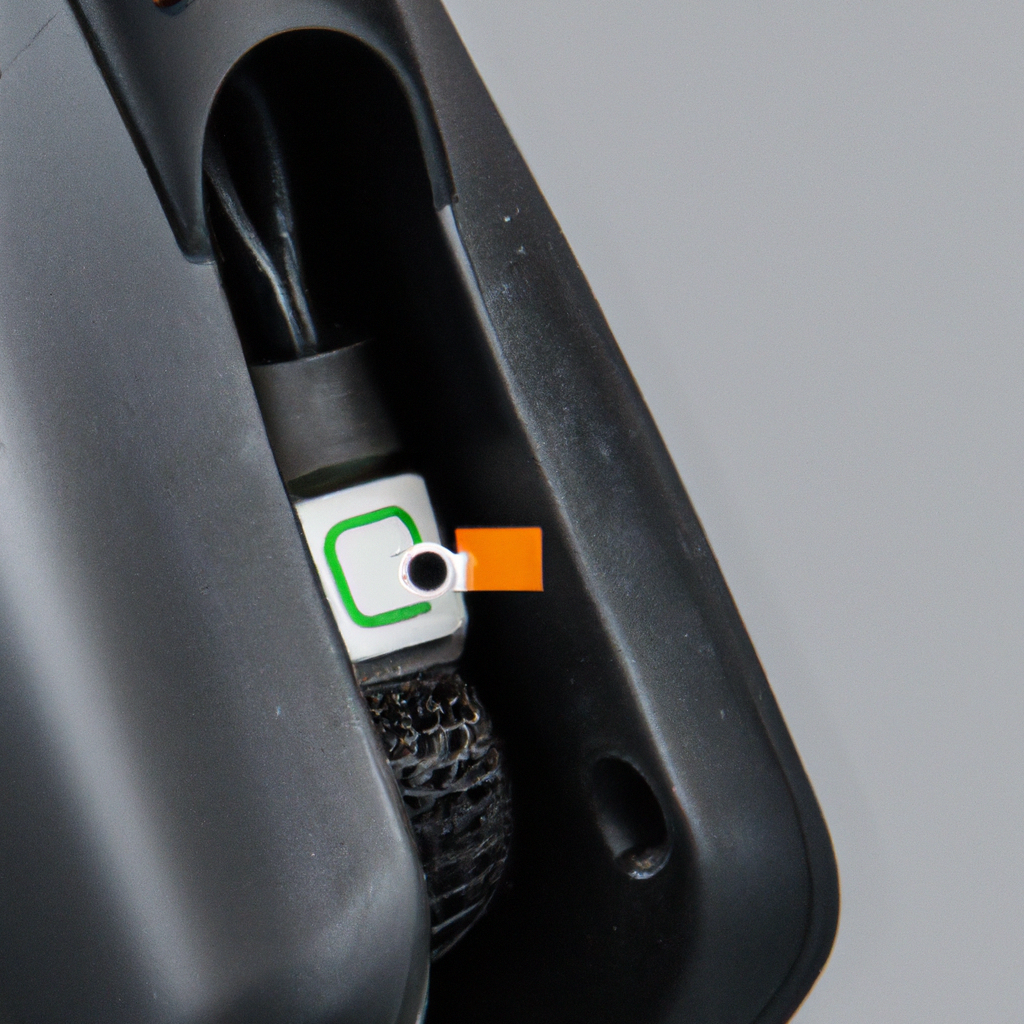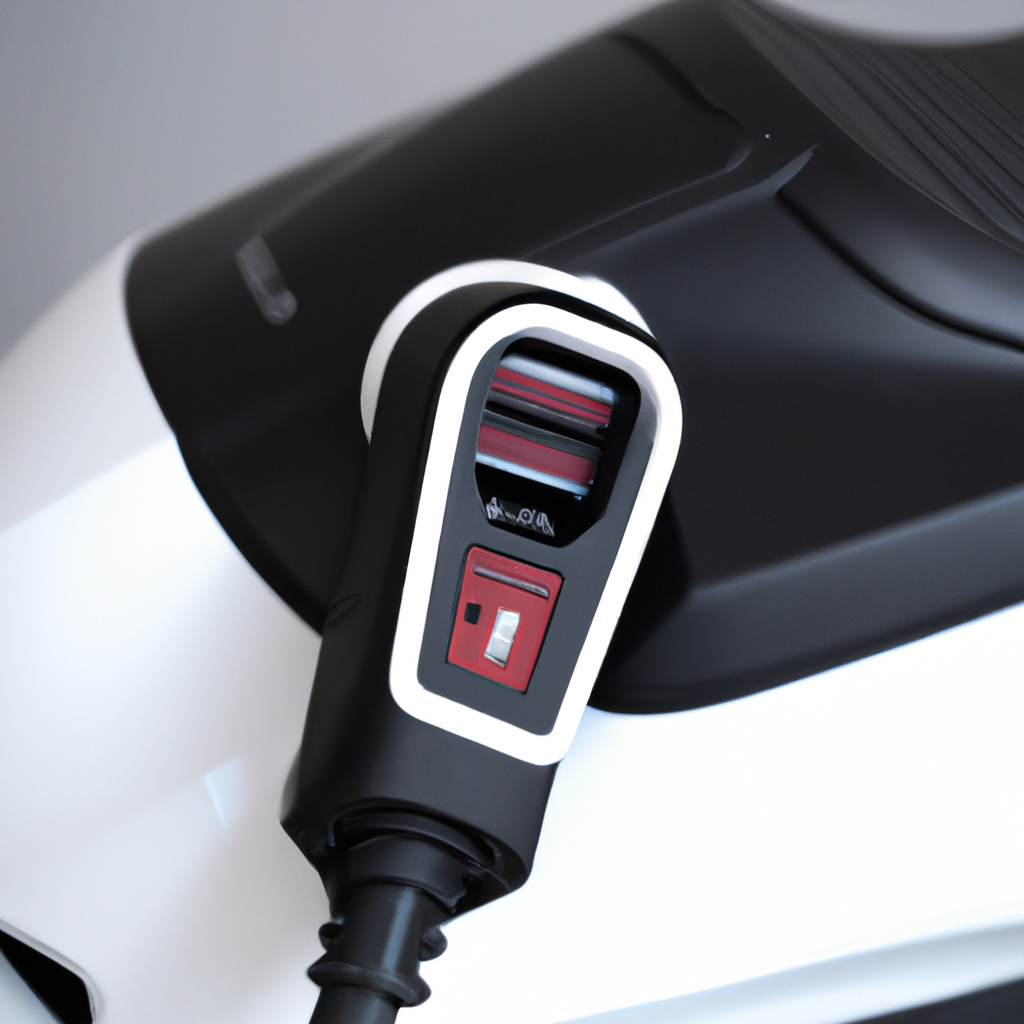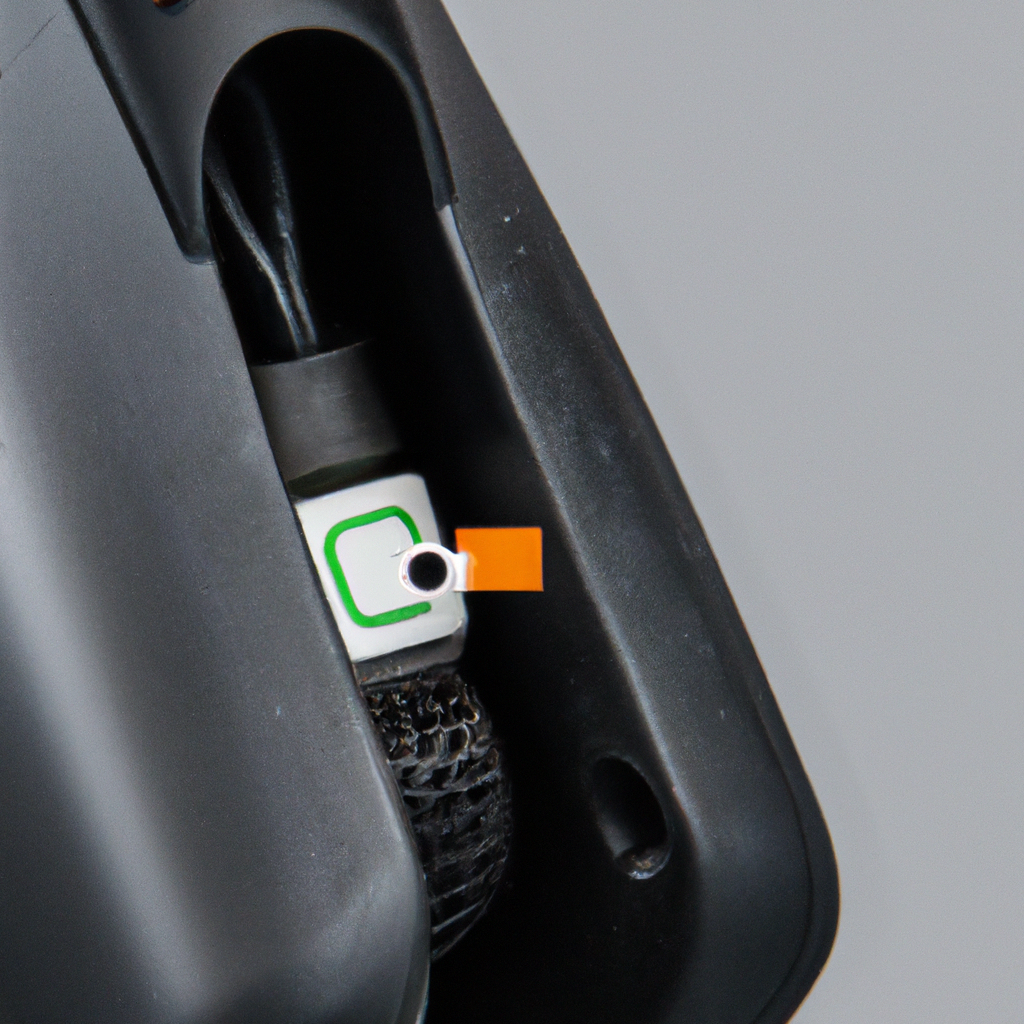Imagine being able to zip around town effortlessly on your very own electric scooter. No more waiting in traffic or searching for a parking spot – just pure freedom and convenience. But before you can embark on your exciting journey, you’ll need to know how long it takes to charge your electric scooter fully. In this article, we will explore the charging times of electric scooters, so you can plan your routes and adventures with ease. So, grab a cup of coffee, sit back, and let’s dive into the world of electric scooter charging!
Factors Affecting Charging Time
When it comes to charging an electric scooter, several factors come into play that can impact the charging time. Understanding these factors is crucial for effectively planning and managing your scooter’s charging routine. Let’s explore each factor in detail.
Battery Capacity
The battery capacity of your electric scooter plays a significant role in determining the charging time. Higher-capacity batteries require more time to charge compared to lower-capacity ones. Generally, electric scooters are equipped with different types of batteries, including lithium-ion, lead acid, and nickel-based batteries.
Lithium-ion Batteries
Lithium-ion batteries are widely used in electric scooters due to their high energy density, lightweight nature, and longer lifespan. However, it’s important to note that the charging time for lithium-ion batteries can vary depending on their capacity. On average, charging a lithium-ion battery to full capacity can take anywhere from 3 to 8 hours.
Lead Acid Batteries
Lead acid batteries are another type commonly found in electric scooters, especially in older models. While these batteries are relatively cheaper, they tend to have a higher charging time compared to lithium-ion batteries. Charging a lead acid battery fully can take around 8 to 12 hours or even longer, depending on its capacity.
Nickel-based Batteries
Nickel-based batteries, such as nickel-cadmium (NiCad) and nickel-metal hydride (NiMH) batteries, are less commonly used in electric scooters nowadays due to their lower energy density and shorter lifespan. These batteries also tend to have a longer charging time, ranging from 8 to 12 hours for a complete charge.

Charging Source
The source from which you charge your electric scooter also affects the charging time. There are mainly three types of charging sources: household electrical outlets, public charging stations, and portable chargers.
Household Electrical Outlet
Most electric scooter owners rely on their household electrical outlets for charging their scooters. The charging time using a standard household electrical outlet can take longer compared to other charging sources. On average, it may take around 6 to 10 hours to fully charge your scooter using a household electrical outlet.
Public Charging Station
Public charging stations, also known as electric vehicle (EV) charging stations, are becoming more prevalent in various urban areas. These stations provide a higher charging current, resulting in a shorter charging time. Depending on the charging station’s power output and the battery capacity of your electric scooter, it may take approximately 2 to 6 hours to charge your scooter fully at a public charging station.
Portable Chargers
Portable chargers, also known as portable power banks, are compact devices that allow you to charge your electric scooter on the go. The charging time using a portable charger can vary depending on its capacity and the battery capacity of your scooter. However, portable chargers typically have a slower charging speed compared to household electrical outlets or public charging stations. Charging your electric scooter fully using a portable charger may take around 8 to 12 hours or even longer.
Charger Output Power
The output power of the charger you use has a direct impact on the charging time of your electric scooter. Chargers can be categorized into two main types: standard chargers and fast chargers.
Standard Charger
A standard charger typically comes with your electric scooter and provides a relatively lower charging current. As a result, the charging time using a standard charger is longer compared to a fast charger. Depending on the battery capacity and the charger’s power rating, it may take between 4 to 8 hours to fully charge your scooter using a standard charger.
Fast Charger
Fast chargers, also known as rapid chargers or quick chargers, deliver a higher charging current to your electric scooter. This results in a significantly shorter charging time, making fast chargers a popular choice among electric scooter owners. With a fast charger, you can expect to charge your electric scooter fully in approximately 1 to 3 hours, depending on the battery capacity and the charger’s power output.

Battery Health
The age and condition of the battery itself can play a role in the charging time of your electric scooter.
Age of the Battery
As batteries age, their charging efficiency tends to decrease, resulting in longer charging times. If your electric scooter’s battery is older, you may notice that it takes longer to charge fully compared to when it was new. The difference in charging time can vary depending on the battery’s overall health and usage. Therefore, regular battery maintenance is essential to ensure optimal charging performance.
Battery Condition
The overall condition of your electric scooter’s battery can also affect the charging time. A battery that is in good condition, free from damages or defects, will charge more efficiently and within the expected timeframe. However, if your battery has any issues or damage, it may take longer than usual to charge fully. Proper care and maintenance, such as avoiding overcharging or extreme temperatures, can help maintain battery condition and optimize charging time.
Temperature
Temperature, both ambient temperature and battery temperature, can significantly impact the charging time of your electric scooter.
Ambient Temperature
The ambient temperature, or the temperature of the surrounding environment, can affect battery performance and, subsequently, charging time. Extreme temperatures, whether hot or cold, can impede the chemical reactions within the battery, leading to slower charging speeds. Therefore, it’s recommended to charge your electric scooter within the manufacturer’s specified temperature range to ensure optimal charging efficiency.
Battery Temperature
Similar to ambient temperature, the temperature of the battery itself can affect charging time. Some electric scooters have built-in temperature sensors that regulate the charging process based on battery temperature. Charging times may be longer if the temperature of the battery is too high or too low. It’s important to keep your electric scooter in a suitable temperature range to ensure efficient charging and prolong battery life.

Battery Technology
Different battery technologies used in electric scooters can also influence the charging time.
NCA (Lithium Nickel Cobalt Aluminum Oxide)
NCA batteries offer high energy density, making them suitable for electric scooters that require long-range capability. These batteries typically have relatively shorter charging times compared to other battery technologies. Charging a scooter equipped with NCA batteries fully can take approximately 3 to 6 hours.
NMC (Lithium Nickel Manganese Cobalt Oxide)
NMC batteries are known for their balance between energy density, power output, and lifespan. The charging time for NMC batteries is typically similar to that of NCA batteries, ranging from 3 to 6 hours for a full charge.
LiFePO4 (Lithium Iron Phosphate)
LiFePO4 batteries are renowned for their safety and long lifespan. While these batteries have a lower energy density compared to NCA or NMC batteries, they charge relatively faster. Charging an electric scooter with LiFePO4 batteries fully can take around 4 to 8 hours.
LiPo (Lithium Polymer)
LiPo batteries are lightweight and flexible, making them a popular choice for electric scooters. These batteries have a relatively longer charging time compared to other lithium-ion batteries. Charging an electric scooter equipped with LiPo batteries fully can take approximately 4 to 8 hours.
SLA (Sealed Lead Acid)
Sealed lead acid batteries, often found in older electric scooters, have been largely replaced by lithium-ion batteries in modern models. These batteries have a longer charging time compared to lithium-ion batteries, often ranging from 8 to 12 hours or longer.
Battery Voltage
The voltage rating of the battery also plays a role in determining the charging time. Different electric scooter models may have batteries with varying voltage ratings. Typically, higher voltage batteries have shorter charging times compared to lower voltage batteries. However, it’s essential to ensure that your charger is compatible with your electric scooter’s battery voltage to avoid any damage or safety hazards.

Charging Level
The charging level, or the amount of charge remaining in the battery before starting the charging process, can affect the total charging time.
Empty Battery to Full Charge
Charging an electric scooter from an empty battery to full charge generally takes longer compared to partial charging. It’s important to note that lithium-ion batteries, in particular, do not require complete discharge before recharging. In fact, it is recommended to avoid fully discharging lithium-ion batteries to prolong their lifespan and optimize charging efficiency.
Partial Charging
If your electric scooter’s battery is not completely discharged, the charging time will be shorter compared to charging from empty to full. Charging a partially discharged battery can take anywhere from 1 to 4 hours, depending on the remaining charge level and the charging source.
Charging Process
Understanding the charging process is crucial for effectively managing the charging time of your electric scooter.
Preparation
Before starting the charging process, ensure that your electric scooter is turned off and parked in a safe, well-ventilated location. Connect the charger to your scooter’s battery port securely, following the manufacturer’s instructions. It’s important to use the correct charging cable and connectors provided with your scooter to prevent any compatibility issues or potential damage.
Charging Time Calculation
To estimate the charging time accurately, you can refer to the manufacturer’s specifications or user manual. These documents often provide information about the battery capacity, charger power rating, and expected charging time for various charge levels. However, keep in mind that the actual charging time may vary slightly based on the factors mentioned earlier, such as battery health, temperature, and charger output power.
Charger Indicators
Many electric scooters come with built-in charger indicators that provide visual cues about the charging process. These indicators may include LED lights or other display features that show the charging status, such as battery level or charging progress. Pay attention to these indicators to monitor the charging time and ensure that the charging process is progressing as expected.
In conclusion, several factors can affect the charging time of your electric scooter. It’s important to consider the battery capacity, charging source, charger output power, battery health, temperature, battery technology, battery voltage, charging level, and charging process. By understanding these factors and implementing proper charging practices, you can ensure efficient charging and prolong the overall lifespan of your electric scooter’s battery.


